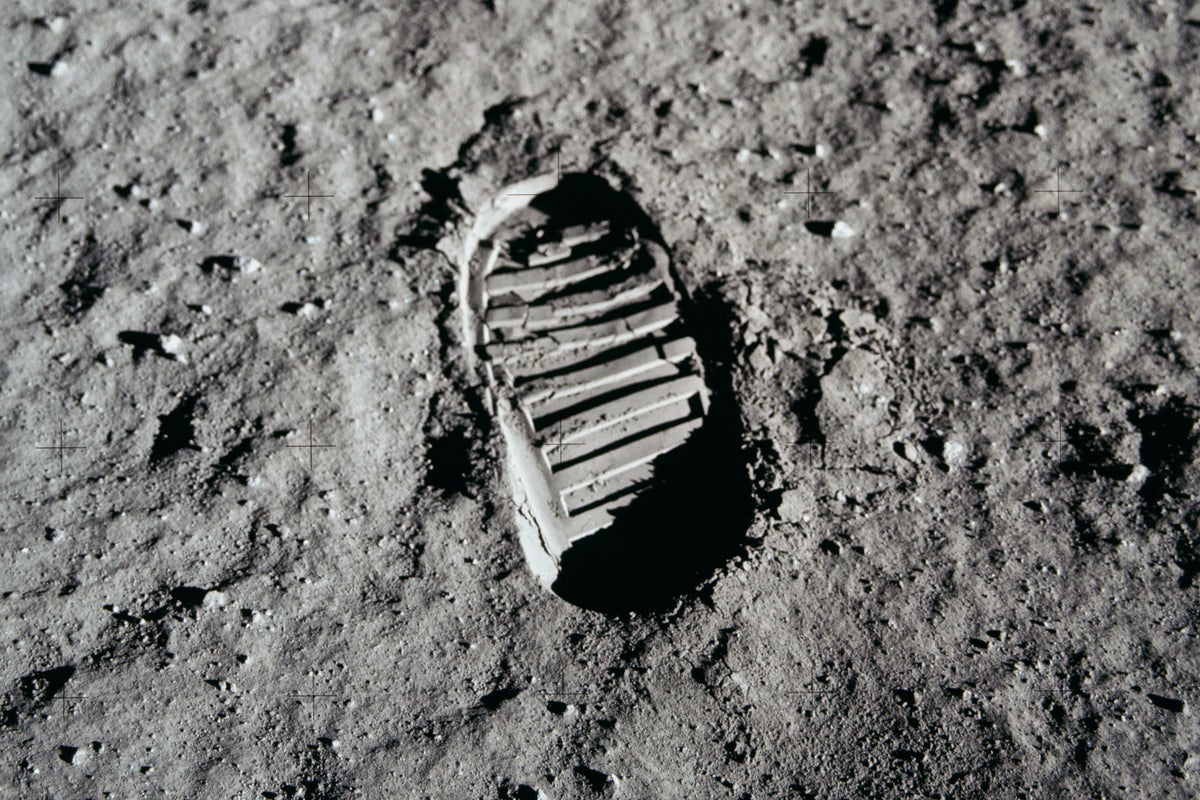Even Earth’s mightiest telescopes aren’t up to the task of imaging Apollo lunar landing sites. A lack of resolution is the biggest reason why
Magnification is just how much you can zoom in on an object, making it look bigger. That’s important because while astronomical objects are physically big, they’re very far away, so they appear small in the sky. Magnifying them makes them easier to see.
Resolution, on the other hand, is the ability to distinguish two objects that are very close together. For example, you might perceive two stars orbiting each other—a binary star—as a single star because they’re too closely spaced for your eye to separate. You can’t resolve them. Looking through a telescope with higher resolution, however, you might be able to discern the separation between them, revealing that they are two individual stars.
But isn’t that just magnification, then? No—because magnification only makes things bigger!



That’s not what the article is saying though. The article is talking about angular resolution. Hubble could focus on the surface of the moon all it wants, it still won’t have the angular resolution to resolve things as small as a human at that distance. Its lenses are far too small to distinguish things smaller than about 100 meters when looking at the moon IIRC…
Like I said, it wasn’t built to do that.